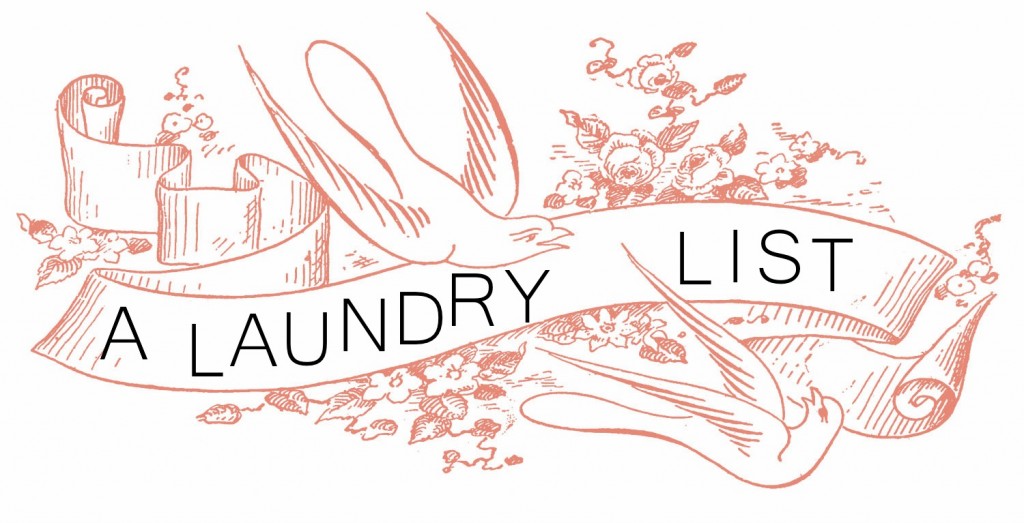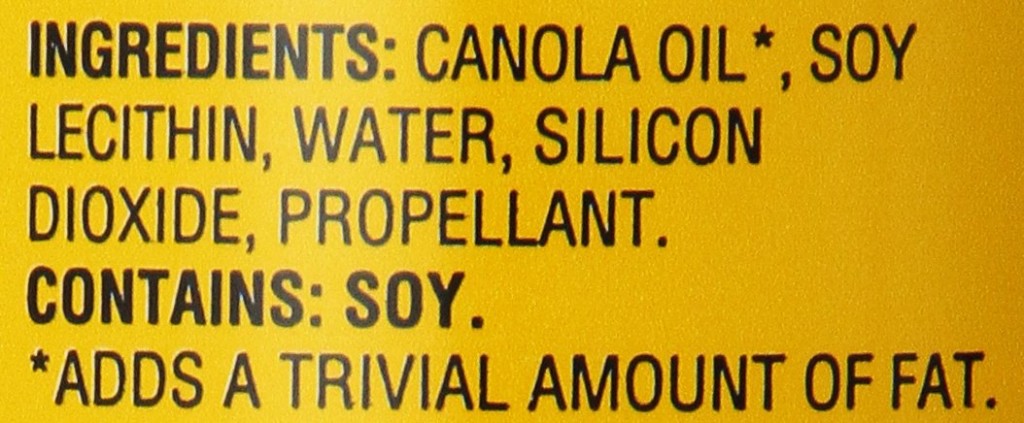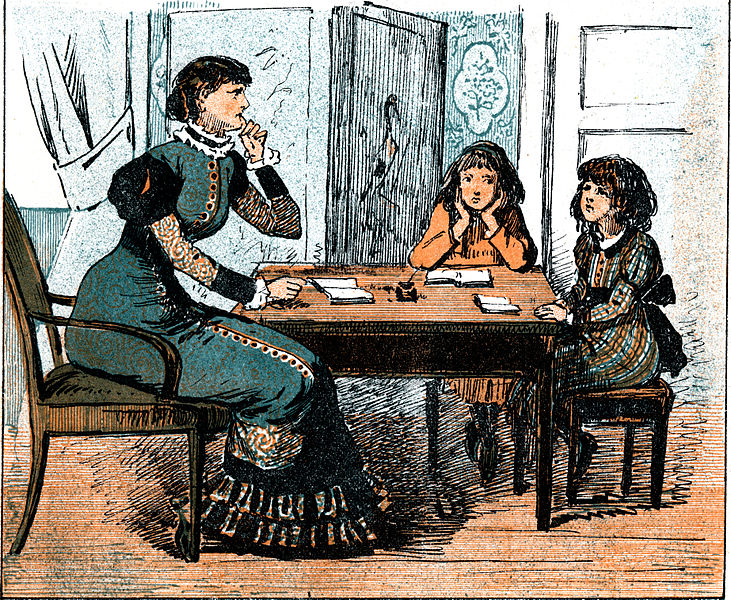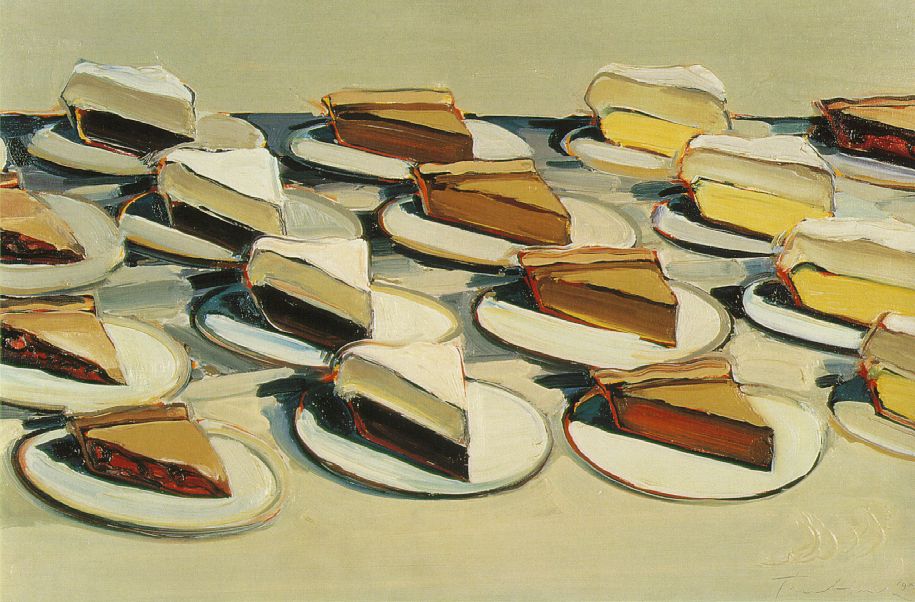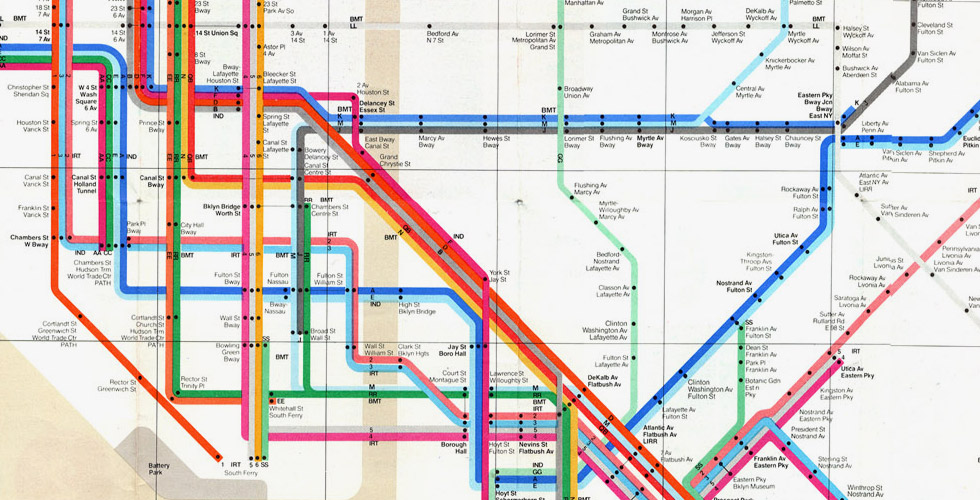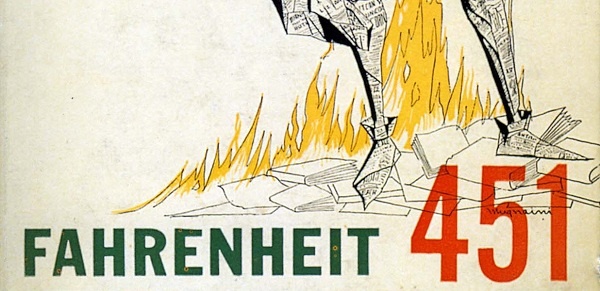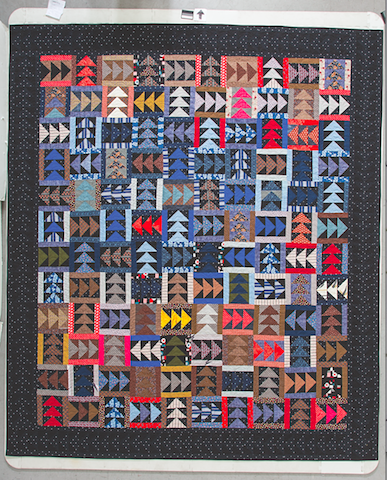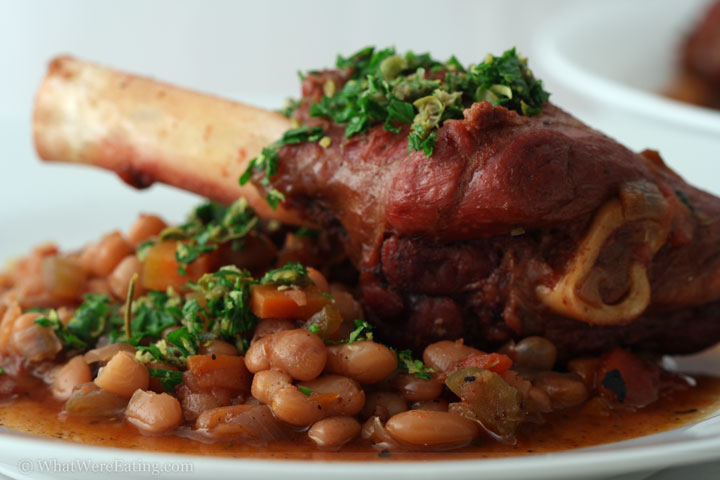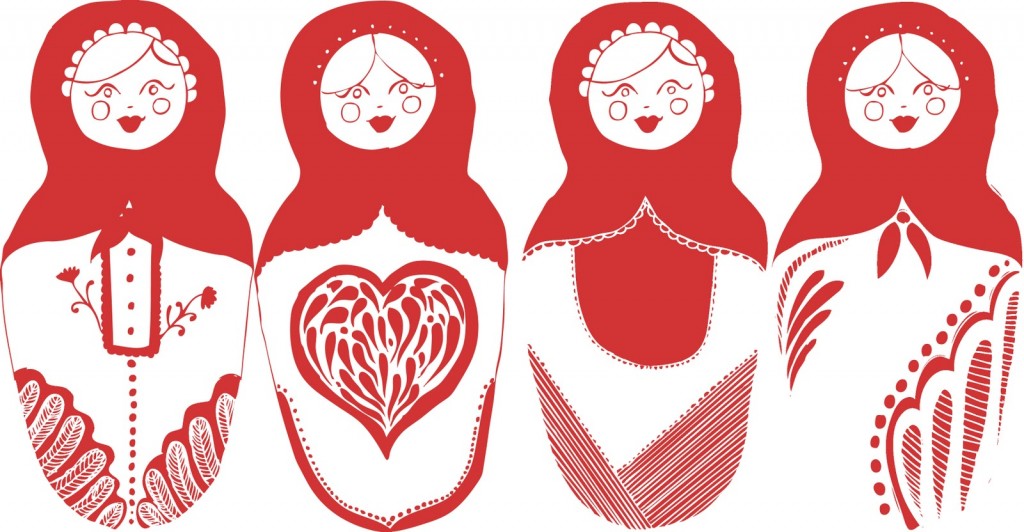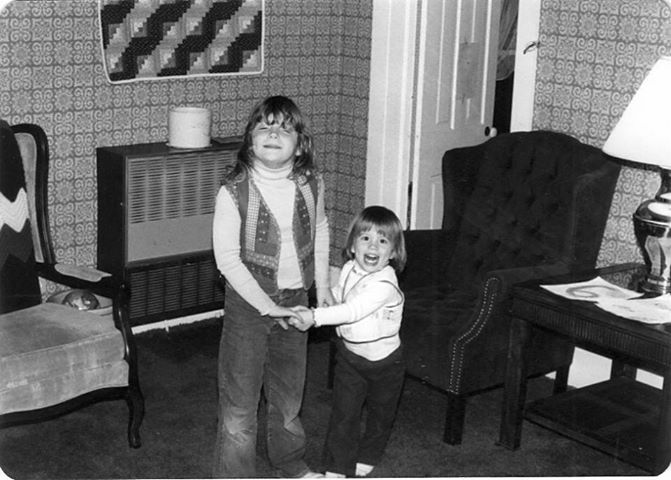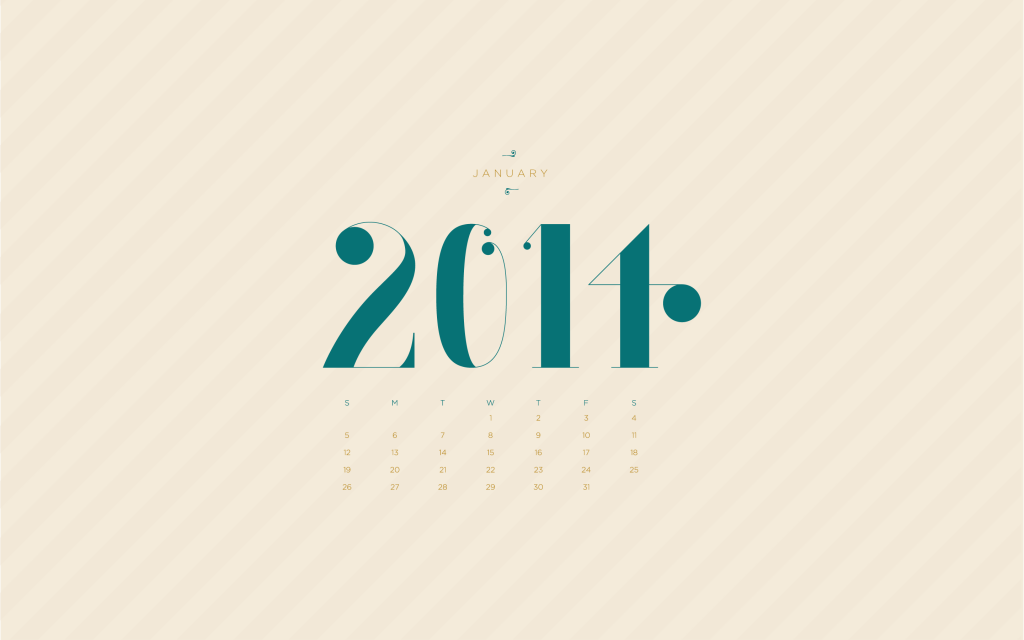
What’s wrong with me?
I go out on the open road, I long for my bed. I long for the crisp sheets that I washed in the morning and put lovingly on the bed for the moment when I’d sink down into the white. Out there is the lush green of Georgia, the thunderstorms over St. Louis, but once there I long for the sewing machine that is always right where I left it. I love my luggage, but I miss my sink. Even the dumb kitchen sponge.
I come home and I embrace my sponge and my french press with an almost uncomfortable enthusiasm; these are inanimate objects, Fons. I realize that, but god how I missed you, little kitchen sponge, little frenchy-french. Then, watch a week go by and what happens? I wake before sunrise, as always, and pad to the kitchen and lo, the faintest sigh of longing comes as I go about my ritual: fill kettle, turn on burner, rinse french press, put in tea, close tea container, pour cream into pichet, get spoon for honey. Put all on tray. Scratch. Yawn. Think about life. Look at counter. Feel desire to scour it later. Wait for water to boil. Wait for the quotidian to kill me, eventually.
When the tea is ready, I’m so happy to have that morning hit of sweet, creamy Earl Grey, I forget that moments ago, I wished I was out on the road. Out of the house. Out of me, I guess.
I can’t be pleased and it drives me to drink (tea.) Forget the grass being greener; I don’t care about green. I just want the grass to be interesting. And what I can’t figure out is if there’s more to be found by chopping wood and carrying water day in, day out at the homestead or more to be found seeking whatever’s new around every single corner that I meet.
George Harrison said, “The farther one travels/the less one knows.” And there was a Swedish painter I read about years ago who never, ever left his hometown and painted the most wonderful paintings. His thing was, basically, “What on earth is there more beautiful than this? Why would I go anywhere else? I mean… Look.” But come on. Where would we be without the peripatetic, the restless, the road dog? We’d be at home. Booooring.
On Thursday, I go to St. Louis for four days. I’ll be lecturing with Mom, which tonight makes me so happy I could cry. Most of the time I travel alone. With Mother, you see, I get the best of both grassy worlds: I have the familiarity and comfort of my very own mom mixed with the plane and the pavement, the hotel room and the view of The Gateway To the West from whatever hotel room I’m assigned.
Somebody please tell me what the Sam Hill I’m supposed to be and just what I’m supposed to do. I assure you I have no clue. None.











